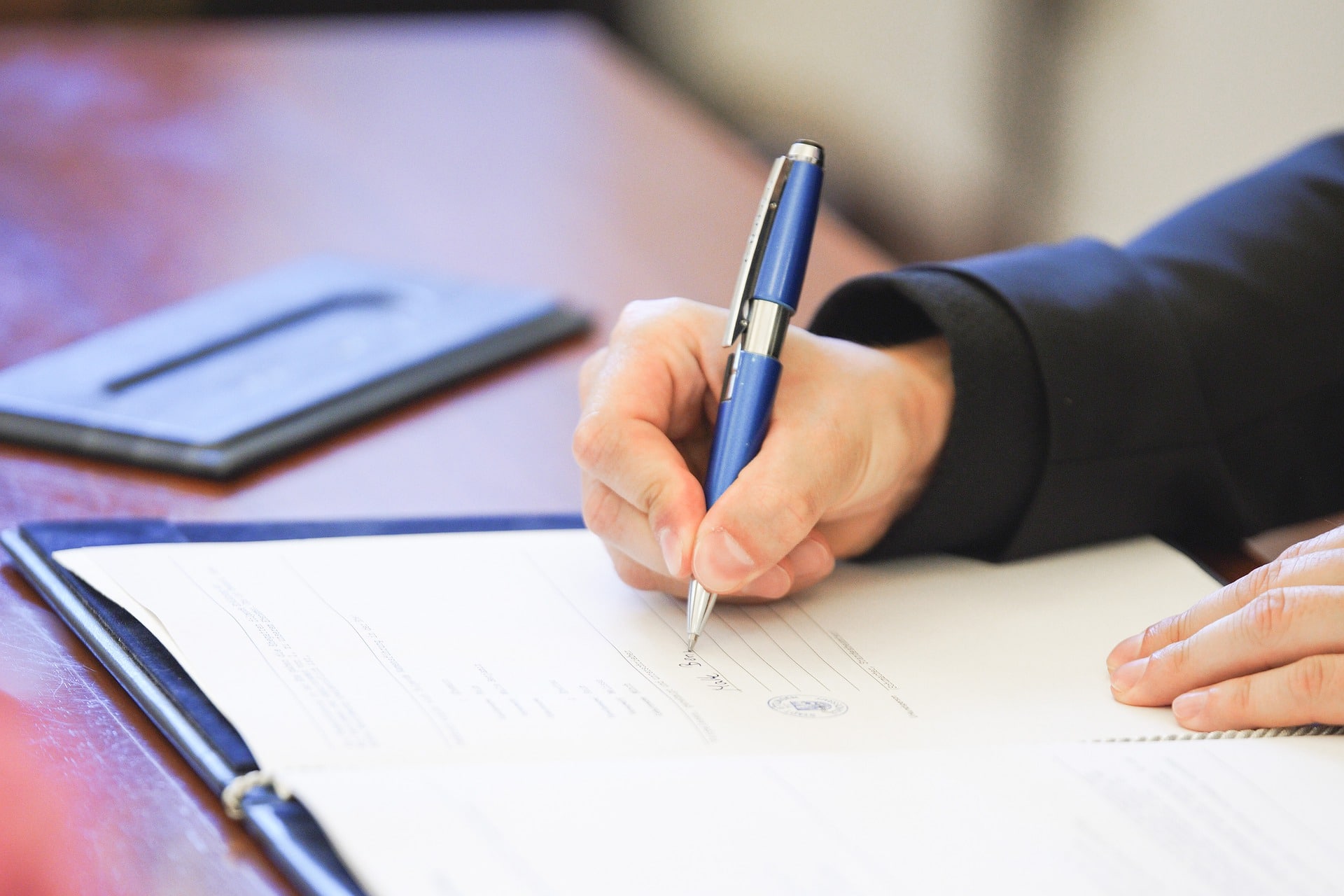
Table of Contents
What is Chapter 13?
Sometimes called a “wage earners” bankruptcy, chapter 13 bankruptcy is a way for debtors with regular income to reorganize their finances. In Chapter 13 bankruptcy, you’ll work with your creditors and the Bankruptcy Trustee to create a payment plan lasting 3 to 5 years. At the end of the plan, your remaining unsecured debts will be discharged. Most filers end up paying pennies on the dollar for their unsecured debts.
Chapter 13 bankruptcy addresses both secured and unsecured debts. You may choose whether you want to continue making payments on your secured debts, such as mortgage and auto loans, or surrender the property. The unpaid portion of your unsecured debts, such as credit card and medical bills, will be discharged at the end of your plan.
How much will I have to pay each month?
Your Chapter 13 plan payment depends on what you earn, not what you owe. The Trustee will take your income and subtract certain expenses according to local and national standards. Then they will subtract certain expenses such as a mortgage payments, child and spousal support payments, tax debts, and auto loan payments. You’ll continue to make these required payments throughout your plan. After you’ve subtracted your allowable monthly expenses and required payments, you’re left with your “disposable income.” That’s what you’ll have to contribute to your Chapter 13 plan each month. You’ll make payments to the Bankruptcy Trustee and they will distribute them among your creditors.
Will I lose my home or my car?
Unlike Chapter 7 bankruptcy, Chapter 13 bankruptcy doesn’t require you to surrender any property. You may, however, choose to surrender certain property if you are not able to make ongoing payments. At the end of your Chapter 13 plan, your personal liability for those debts will be discharged, meaning you can’t be sued for the deficiency if your creditor sells the property for less than the amount of your debt.
See also: Can I discharge my car title loan in bankruptcy in California? or take a look at the video below
Who can file for Chapter 13 bankruptcy?
In order to qualify for Chapter 13 bankruptcy, you must show that you have sufficient income to maintain your proposed payment plan. In addition, you must pay creditors at least as much through your Chapter 13 plan as you would if you filed under Chapter 7. If you don’t have enough income to support a plan, or if creditors won’t receive sufficient payment, you’ll be required to file under Chapter 7.
What debts aren’t discharged in Chapter 13 bankruptcy?
Certain types of debts are nondischargeable in bankruptcy. You cannot discharge child support or spousal support debts, or personal injury debts incurred while driving under the influence. Barring extreme circumstances, student loan debt cannot be discharged in bankruptcy, either.
See also: Can a lawyer help with my California student loan debt?
Will bankruptcy protect me from repossession, foreclosure, and collection suits?
Bankruptcy comes with the powerful protection of the automatic stay. The automatic stay protects you from any collection actions, including foreclosure, repossession, wage garnishment, lawsuits, and bank levies. Creditors must make their claims through the bankruptcy court. The automatic stay ensures that you have the time you need to organize your finances and that all of your creditors receive equal treatment.
How can a bankruptcy attorney help me?
The Chapter 13 process is complicated and difficult to navigate. Your payment plan must conform to specific rules and regulations and your creditors will fight every step of the way to get you to pay more. It is critical that you seek out the best Chapter 13 attorney you can find because not all attorneys understand the complexities of Chapter 13. Your attorney will make sure you get a fair plan that fits all of the requirements and leads to a discharge. We will help you decide how best to protect your most important assets and will stand up to creditors who threaten your rights. Under Chapter 13, you will pay most of your attorney’s fees through your plan, so you’ll have the benefit of an experienced bankruptcy lawyer without having to come up with an upfront payment.
What’s the difference between Chapter 7 and Chapter 13 bankruptcy?
Erik touches on the difference between the two types of bankruptcy in the video below:
Is Chapter 13 bankruptcy right for me?
If you’re struggling with debts but you have a steady income, Chapter 13 bankruptcy may be a good option for you. You can read more about Chapter 13 bankruptcy on our blog. We have years of experience dealing with thousands of Chapter 13 bankruptcy cases. We will help you navigate the complexities of the Chapter 13 process and make sure that you get your discharge so you can move on with a clean financial slate. Contact us online to schedule a free initial interview today.
